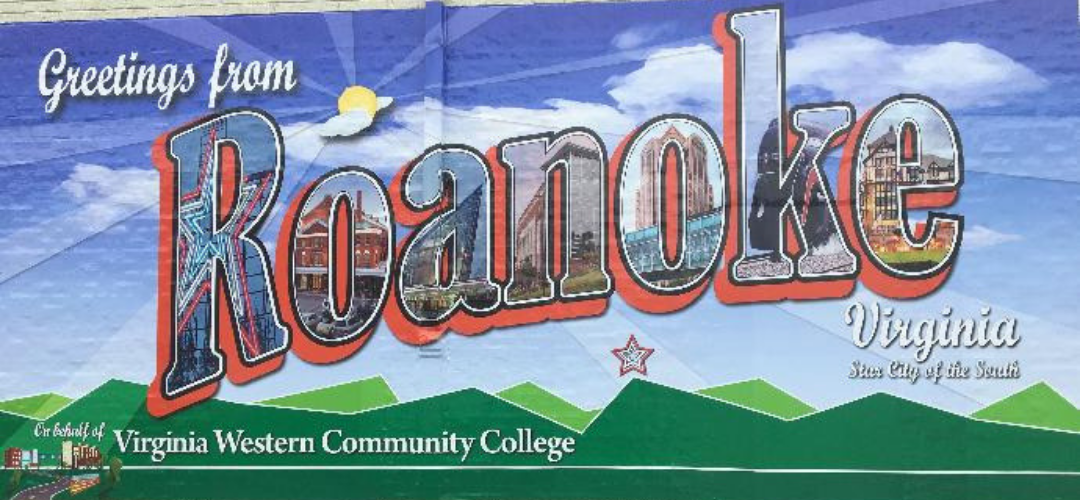When local author Beth Macy released her latest book Dopesick: Dealers, Doctors, and the Drug Company That Addicted America, there was an instant buzz around opioid use and addiction within Southwest Virginia.
The book left many in the community asking how did this happen in our community? How can we help?
While there is no quick solution or easy answer in how to strengthen a region grappling with addiction, it is evident that to achieve maximum results, the response needs to come from within the community itself.
We need local solutions catered to the unique challenges and resources present in the Roanoke Valley and neighboring communities.
Thankfully, the Roanoke Valley is fortunate to have a large number of organizations and community leaders who have been working for decades to improve outcomes for those at risk for or struggling with addiction and substance use disorder. The dedication and commitment of these changemakers have paved the way for the growing number of resources available regarding addiction in the area and lead to a collaboration of networks to launch.
Launched in September 2018, the Roanoke Valley Collective Response to the Opioid and Addiction Crisis is a collaboration designed to work across systems to find new and effective strategies to solve the opioid and addiction crisis in our region.
Since its inception, the Collective Response has expanded rapidly and currently includes over 240 members representing:
- Law enforcement
- Emergency Medical Services
- Healthcare
- Local, state, and federal government
- Education
- Community support organizations
- Faith community
- Business community
- Individuals and families touched by addition
The Collective Response creates an environment where doctors, first responders, business leaders, educators, service providers, and individuals in recovery can sit down as equals and discuss the realities of substance use disorder.
Focused on creating sustainable, regional change, Collective Response members are currently working to assess existing community resources and identify gaps in services to develop a community-wide action plan. This plan will include recommendations for measurable action and outcomes based on evidence-based practices, local insight, and personal stories.
Priority areas identified thus far include:
- Improved data collection and data sharing
- Reducing stigma around addiction and mental health
- Resources and services for kinship guardians
- Timely and effective transition of care
- Creating safe environments for recovery
Substance use disorder affects more than just those struggling directly with addiction. It is important to address the impact on family and friends, known as secondary victims. In many cases, these secondary victims need as much access to education, resources, and support services for themselves when assisting a loved one living with addiction.
If you are interested in joining the discussion, you can contact rvcollectiveresponse@nullgmail.com for monthly meeting information and opportunities get involved.
If you or someone you know is struggling with substance use disorder, the Roanoke Valley HOPE Initiative can help connect you to professional resources. Contact the HOPE Line at 540-339-9010.
If you or someone you know is a secondary victim of substance use disorder, Family Service may be able to help. You can contact intake at 540-795-4653.


